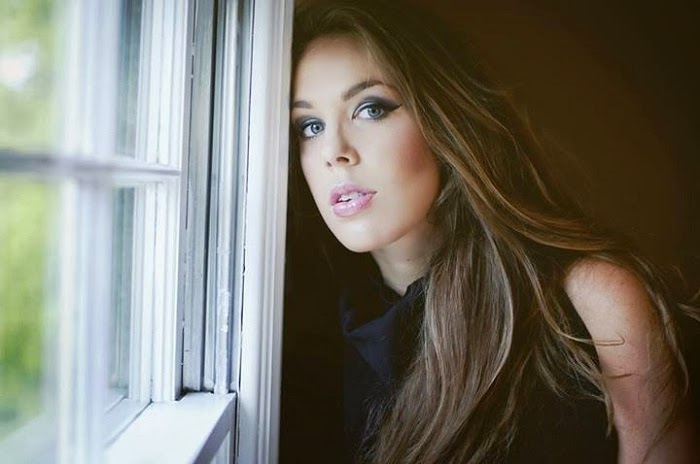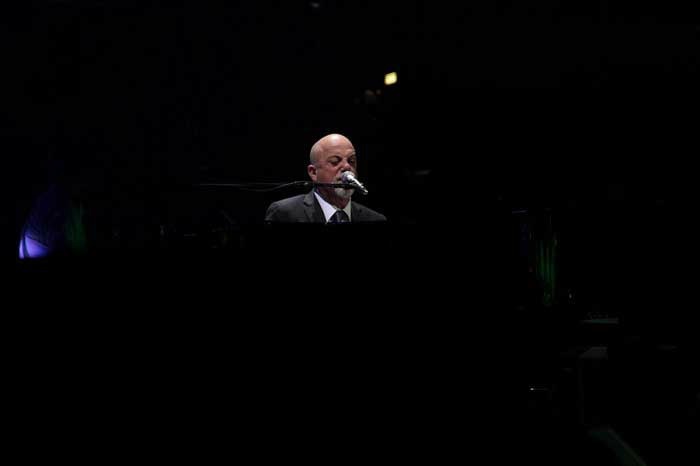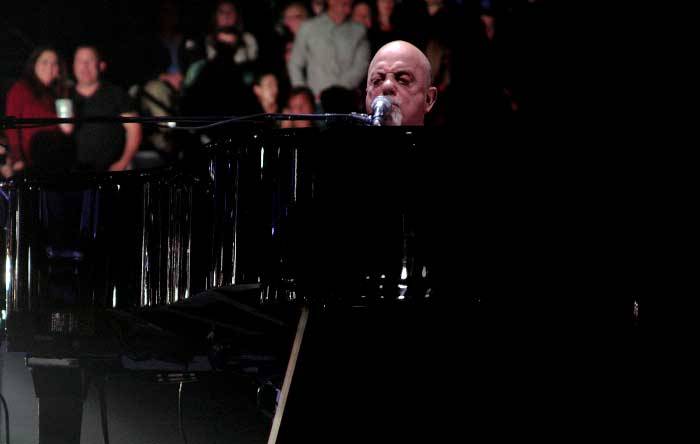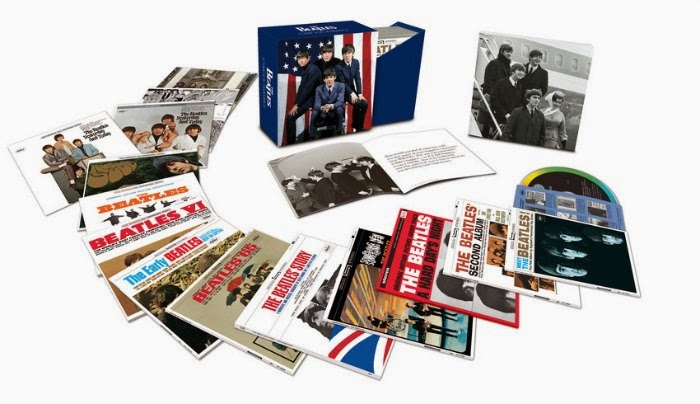For more than three decades Italian singer/songwriter Adelmo Fornaciari, better known as Zucchero, has bridged the musical boundaries and styles of his native country with those of American blues, rock, and soul to become one of the world’s most celebrated superstars. He’s also one of the world’s most sought-after collaborators, having worked with the likes of Eric Clapton, Ray Charles, Luciano Pavarotti, and Miles Davis, among many others. In fact, Davis was so taken by one of Zucchero’s early hits, “Dune Mosse,” which he heard on the radio while on his 1988 tour in Italy, that he ultimately recorded his own version, having tracked down a vacationing Zucchero and inviting him to play on the session.
Now with his latest album, La Sesión Cubana, Zucchero embraces the music of Cuba.
“For many years I felt it would be great to mix my music with a kind of Latino/Cuban vibe,” Zucchero says of the album, which was produced by Don Was (Rolling Stones, Willie Nelson) and recorded in Havana with sixteen of the country’s preeminent musicians, including drummer/percussionist Horacio “El Negro” Hernandez and the late pianist Pucho López. “I chose some of my songs that were already in the Latino direction and then we found other songs that we treated in a Cuban way.”
The album’s North American release (February 18 on Manhattan Records) will kick off a flurry of live and promotional appearances for Zucchero, including a performance at this year’s SXSW Festival in Austin, Texas, and an extensive tour.
Also, in March PBS will air a one-hour presentation, Live in Havana, which highlights an historic free concert Zucchero staged on December 8, 2012 at the Advanced Institute of Arts in Havana before an estimated 80,000 people. The full performance will be available as a DVD accompanying deluxe editions of La Sesión Cubana.
In making your current album, La Sesión Cubana, did you and the musicians you worked with in Havana have to familiarize yourselves much with each other’s musical styles? Did you all complement each other’s playing well?
It was not easy to put together all these things because of bureaucracy and all that stuff, but regarding the musicians they were fantastic. They were very collaborative, always very positive and they enjoyed doing this. They were like old friends. They were very amiable and positive. You had to stop them from playing because otherwise they would’ve played all day. [Laughs]
You’ve worked with Don Was a couple times before. How did you two come together originally?
I always loved Don’s work with a lot of big artists. I like his way to produce. So I called him. He came to Italy to visit me. We had a meeting to talk about music, about working together. I immediately found him a fantastic man, very professional but also very creative. We became very close. This is the third album we’ve done together. I went to Los Angeles at the beginning of the work, for the music. Then he came to Italy when I was singing [the vocals]. He loved Italy, of course. So we did very well together.
He’s produced some great albums, like with the Stones.
Yeah, exactly, and he knows the best musicians in the world.
The main thing is don’t lose the soul of the track. When I make an album and there is a vibe there I try to keep that vibe in the studio. This is very important. Also, I always think when I’m writing a new album like [it’s] a concert. So, the running order of the album must be—for me—the same as the concert. In fact, when I release an album and then we do a tour, I do all the songs with the same running order of the album; then I start with the hits and the well-known songs. But in the beginning it’s the exact same setlist. That’s why I think the album has to have the same dynamic of the concert.
Going back to when you were growing up in Italy, how did you come to make your own music and write your own songs?
I was very young, listening to music in Italy—I don’t know why, but I’ve never been a big fan of Italian pop music—and I started to hear and love [American] black music, soul and rhythm and blues and gospel. In those days Ray Charles, Aretha Franklin, Sam & Dave, Wilson Pickett, they were kind of for a few people, elite; they were not so known in Italy at that time. I fell in love with this music, of this way to sing. I remember I started playing “(Sitting on the) Dock of the Bay” on a very cheap guitar. I found the music I wanted to do. Then after I put together different bands, playing Chicago and Blood, Sweat, and Tears, [along with] all the rhythm and blues standards. When I started to make records I tried to put together rhythm and blues, soul, and gospel with Mediterranean and Italian influences, and this is basically my music now.
As far as subject matter of what you write…
It’s my life. I always write about my experiences, my personal experiences or what I think. My life is full of emotion. I’m talking about friendship, I’m talking about love, I’m talking sometimes about politics or religion. I’ll do it with a double meaning sometimes to try to say something with poetry, not just say something. I don’t know how to write something that I didn’t try personally. Even when you travel—even if you are on a train, for example—and you see the landscape and you see the colors of the place, you could find inspiration.
I was shocked. A promoter called me up and said, “Miles Davis is in Italy and he was at a restaurant and he heard this song and asked who was singing it. He doesn’t know who you are, but he likes the song and he asked to play on it.” At the time I was not in Italy—I was on holiday—and I received this telephone call, and I thought it was a joke. I didn’t trust and didn’t believe that it was true, but he insisted. So I came to New York and we went to the studio, the Hit Factory, and Miles was… He’s not the kind of guy that’s laughing. He just came in the studio and he talked to me, saying, “I love this song. I love your voice. I have to cry when I am going to play this song because I love it so much.” And he started to play. He did a lot of versions. Then at the end we went to an Italian restaurant and finally he took his glasses off and he became warmer and friendlier. He was great and so unique.
By that time Miles was rather late in his career, but he remained aware and interested in new musicians, new music, and art. He wasn’t closed off at all.
Yeah, and the choice of the song was because at that time he was travelling a lot around the Mediterranean Sea and wanted to play something that had to do with Mediterranean music, to try to find a new way to do his music. That’s why he did the album Siesta. It probably was the right song at the right moment for him.
La Sesión Cubana is due February 18 on Manhattan Records. For more information on Zucchero, please visit the artist’s official website.


























